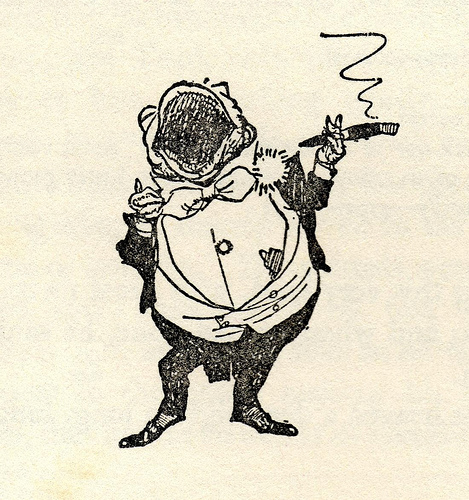
This is the text of an answer I posted on Quora.com, January 12th, 2019.
Why did C.S. Lewis remove Susan from the last book, "The Last Battle"?
First, bear in mind a principle of literary criticism that Lewis himself gave: It is very hard to guess why an author does what they do. He said that, in every case where he had inside knowledge (books written by himself or by friends), when a critic proposed why a literary move was taken, they guessed wrong.
So, with that in mind:
Part of his motive may simply have been to make up the right number for "the Seven Friends of Narnia." He had the four Pevensie children from Lion, Witch, and Wardrobe, he had Jill and Eustace from Dawn Treader and Silver Chair, and he had Digory and Polly from Magician's Nephew. Eight. Someone is superfluous to requirements. Lucy, Peter, and Polly never put a foot wrong, or only momentarily; Edmund, Digory, Eustace, and Jill are repentant sinners who have graduated to hero; that leaves Susan.
There is also some prefiguring of Susan as the weak link in the earlier books, particularly Prince Caspian. There, of the four children, she is the one that takes the longest to see/believe that Aslan is leading them to their allies by a non-obvious route. Also, while in Narnia, she begins to forget about "that other place, England, I mean." Seems she may very much be a creature of the moment.
"The Problem of Susan" is probably the most prominent issue in the field of "Narnia criticism." (I think Lewis would be, maybe is, very bemused that a series of children's books should spawn such a grand thing as a field of study.) As far as I can tell, it divides pretty cleanly into Lewis's attackers and defenders. I am a defender.
I don't think Lewis was puritanically denouncing worldly pleasures. If he were, he would not have laced Narnia with a series of feast scenes, and not have made villains like the White Witch and Nikabrik more ascetic than the heroes.
If he were puritanical at all, he certainly would not have let Bacchus and the Maenads loose to tear down the Telmarine infrastructure at the end of Prince Caspian. I mean, really. Bacchus? Even Lewis has Edmund remark that he wouldn't feel safe around Bacchus if Aslan weren't there. I should think not.
If he were against girls growing up and taking an interest in boys, he would not have had Aravis marry Shasta at the end of The Horse and His Boy, and he would not have contrasted her free adult marriage with the arranged child-marriage of her old school chum Lasaraleen. (This is about as graphic as Lewis could very well get in a children's book.)
If he were against girls enjoying pretty clothes, he would not have had Jill keep her quasi-medieval Narnian finery from Silver Chair and wear it to a party herself later.
No, Susan's problem is that she has met Christ face to leonine face, she stood watch through his death and resurrection at the Stone Table, she has romped with the Lion of Judah as with a big Labrador retriever, she has been a queen anointed by the Living Word Himself, and she has turned away from all that. She has, apparently, convinced herself it never happened.
Now, Susan had a motive. I have seen it put forward in some good Narnia fan fiction that I wish I could re-locate: She has had all those glorious adventures, has tasted adulthood and queenship and romance, and was then thrust back into the body and time and role of a British schoolgirl. As xkcd says, "This'll be a fun seventy years."
Even at that, Lewis himself says, in a couple of letters written to children afterward:
"The books don't tell us what happened to Susan. She is left alive in this world at the end, having by then turned into a rather silly, conceited young woman. But there is plenty of time for her to mend, and perhaps she will get to Aslan's country in the end—in her own way."
and
"Not because I have no hope of Susan ever getting to Aslan's country, but because I have a feeling that the story of her journey would be longer and more like a grown-up novel than I wanted to write. But I may be mistaken."
What do you think happened to Susan afterward?
She has lost all her family and several friends. She is utterly stunned and bereft. Eventually, people come to her with her family's personal effects. Going through them, she will come on a box containing several sets of rings, equal numbers of gold and metallic green. If you are alone in a silent room with them, you hear them hum. She must know the story about them passed down from Professor Kirke.
All the carefully built disbelief may not be swept away, but it is shaken. Carefully, she picks up a green ring first. Then she picks up a gold ring and vanishes.
When she arrives in the Wood Between the Worlds, I expect a long, serious round of weeping. Then a serious calling out to Aslan. Then, whatever He chooses to do next, in whatever form, the next round begins.
Return to Introduction to Essays
Return to Wind Off the Hilltop
Copyright © Earl Wajenberg, 2021